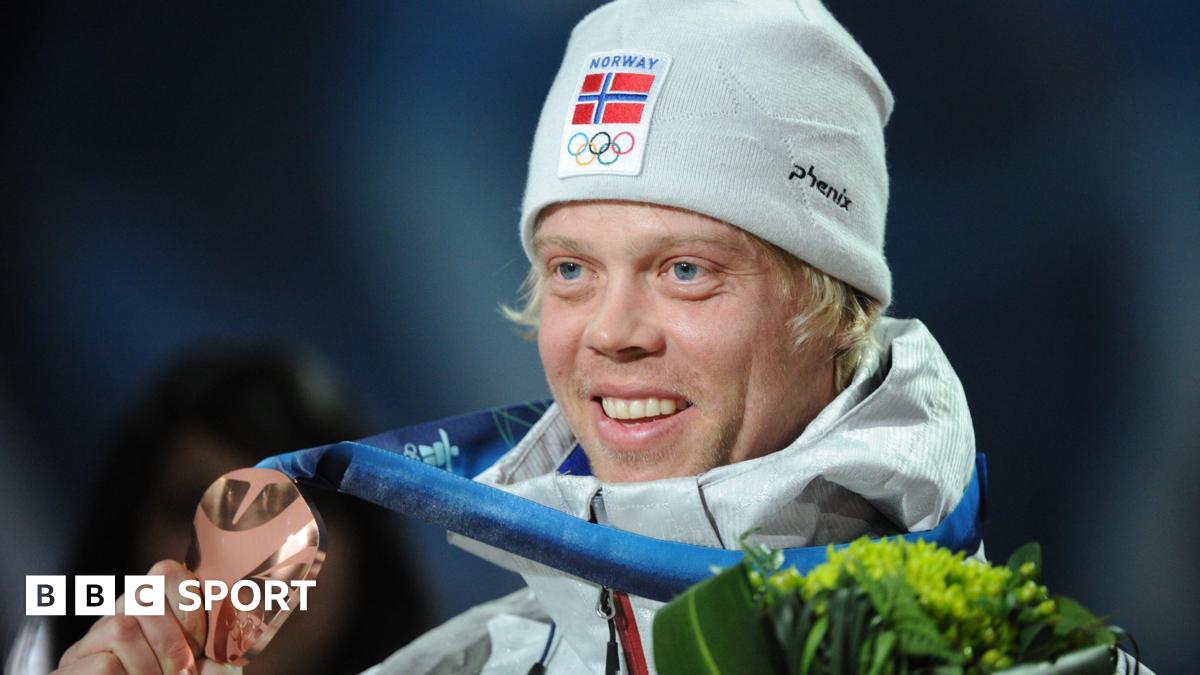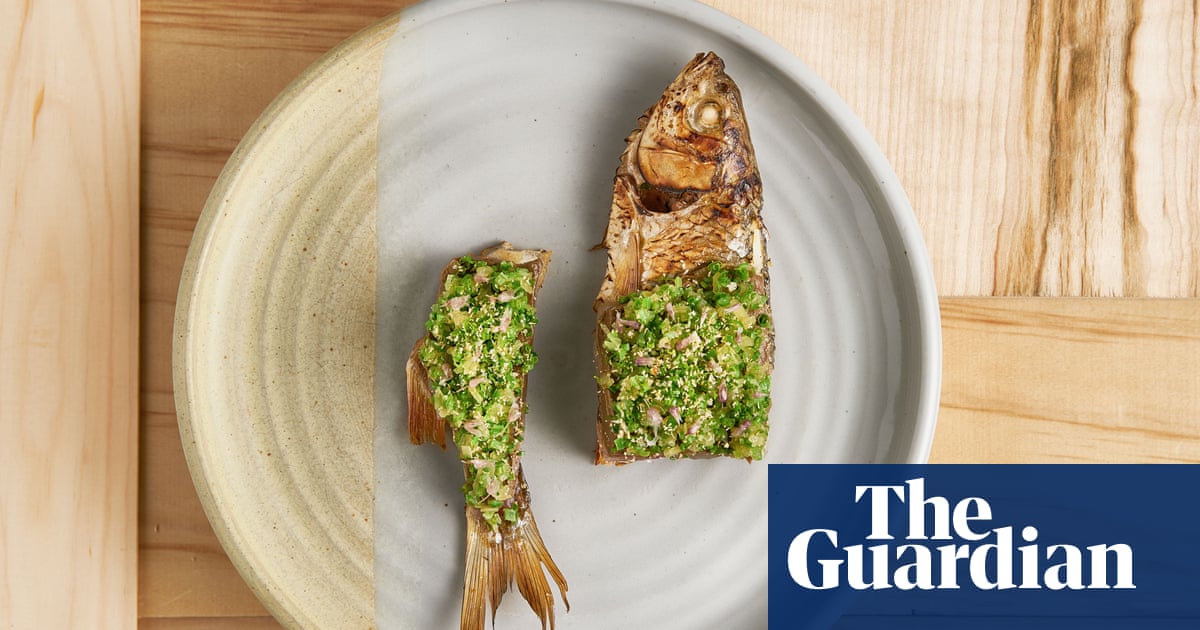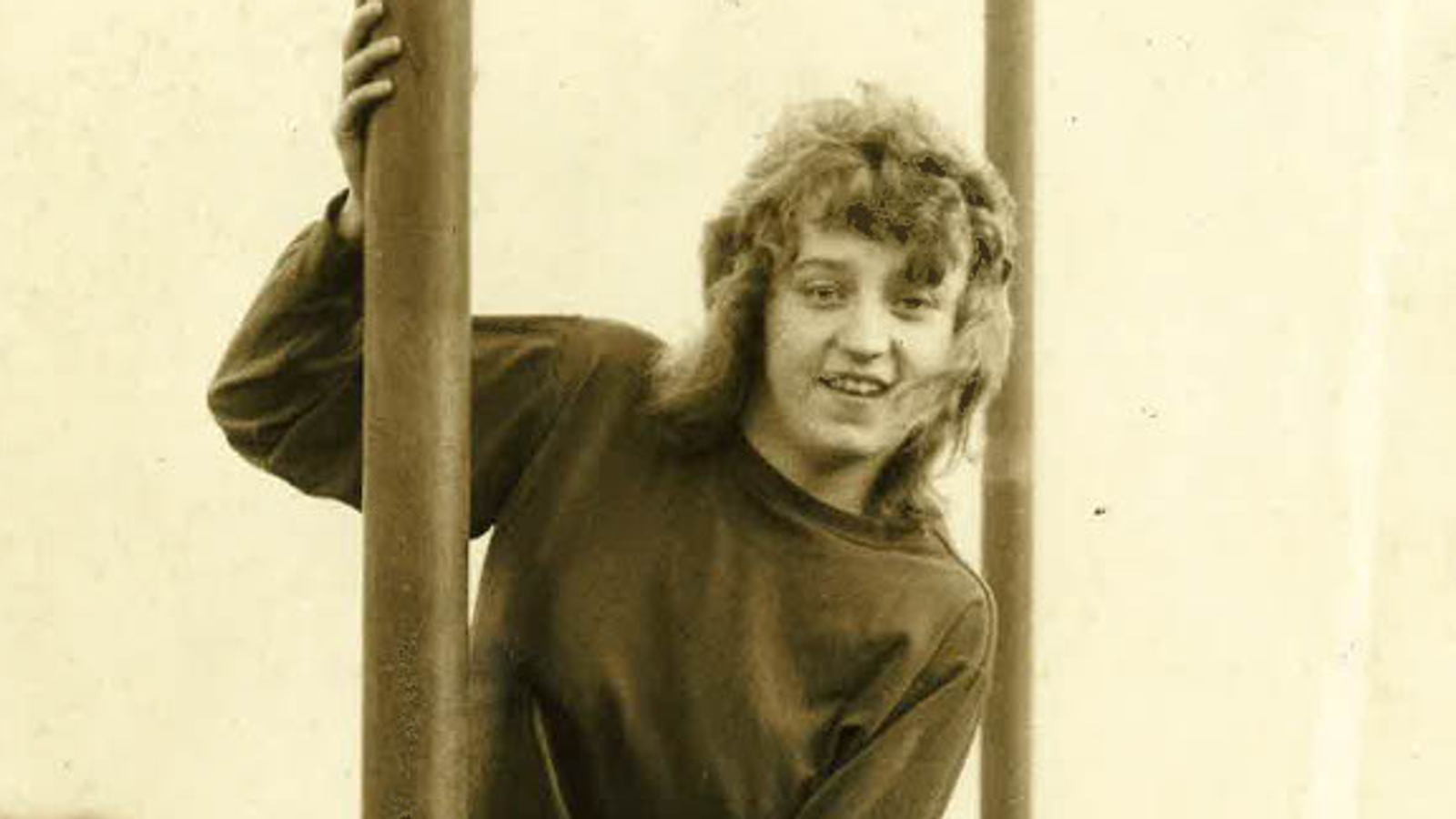I couldn’t agree more with Moya Sarner (No, age isn’t just a number – and the sooner we realise that, the happier we will be, 14 July). One of the article’s key messages is that time and tide wait for no man – a phrase dating back to Chaucer in 1395, yet still resonant today. Sarner suggests that those who resist the natural passage of time often find less contentment than those who embrace life’s stages with maturity and flexibility. It’s a timely reminder that each chapter of life holds intrinsic value and that real growth isn’t about clinging to youth but about evolving into deeper, more authentic versions of ourselves.
The phrase “age is just a number” might sound harmless enough, but as Sarner cautions, overreliance on such slogans can mean we miss out on the richness that comes with ageing and change. Resistance to emotional maturation and personal growth isn’t just a gen Z or millennial problem – it spans all generations. As a trainee psychotherapist (and undergoing personal therapy myself), I’ve seen how powerful it is to root oneself in the present. The goal of psychotherapy isn’t to discard the playfulness or idealism of youth but to integrate those qualities into a grounded adult self. No book, podcast or clever quote can shortcut the real work of growing up – emotionally, spiritually and psychologically.
The actor Carrie Fisher once said: “Youth and beauty are not accomplishments.” Yet in a culture fixated on self-curation, the celebration of youth and aesthetic perfection, that message often gets drowned out. Sarner’s article is a welcome nudge back to reality and to responsibility. Perhaps, paradoxically, that is where true freedom lies.
Sinead Morris
Dunmurry, Belfast
Quantum physics apparently tells us that all time is here at once. But time for us flesh-and-bone creatures is intimately experienced as a journey of growth and ageing. I turned 70 recently, and a friend brightly assured me that 70 is the new 40. But at 40 I was raising two children; at 70 my children are raising their own. The maiden, the mother and the crone: at 70 I enclose them all, like rings in the tree.
As Tom Waits sang in Take It With Me: “Children are playing at the end of the day / Strangers are singing on our lawn / It’s got to be more than flesh and bone / All that you’ve loved is all you own.”
The work of growing up takes a lifetime, though, as TS Eliot observed: “The moment of the rose and the moment of the yew tree / are of equal duration.”
Cecilia Lenagh
Port Macquarie, New South Wales, Australia
I will be 82 this year – I spent the first 39 years of my life in England. The second 39 years in California. I came back to England four years ago. I feel no different. Of course there are certain things I can no longer do – like run up a hill or drink three pints of beer in one go – but that’s just physical stuff. Emotionally, mentally, spiritually and politically I feel the same as I did 50 years ago.
In your article you write about “the devastating reality of the passing of time and the losses it brings”. I would suggest that this is simply a circle of the tree you currently find yourself in. Savour your memories, enjoy the present – and look forward to the future, however long or short it is.
David Ashwell
Mawgan-in-Meneage, Cornwall
Thank you for this insightful understanding of the thousand little losses one experiences as a mother when simultaneously celebrating the advent of independent adulthood for your child and equally mourning for, and aching with, the pain of missing those beautiful baby moments that defined life.
The term “empty nest” never quite encapsulates the full extent of the emotional depths, whereas her daughter’s “gooster” becoming her scooter resonates. I still miss the “huggy bugs” who mysteriously and invisibly propelled my daughter (now 25) into the room for early morning cuddles, never to reappear after the age of 11.
Sheryl Crown
Wivenhoe, Essex

 8 hours ago
2
8 hours ago
2










 English (US)
English (US)